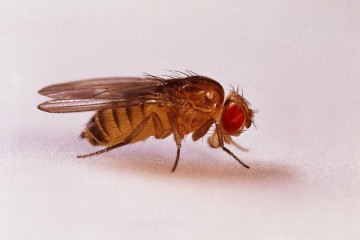Partnerships and impact awards
Acquisition of the Drosophila model system to understand mechanisms of innate immunity regulation by chromatin dynamics

At a glance
Completed
Award date
July 2021 - December 2023
Grant amount
£64,941
Principal investigator
Dr Patrick Varga-Weisz
Co-investigator(s)
Institute
University of Essex
R
- Replacement
Read the abstract
View the grant profile on GtR
